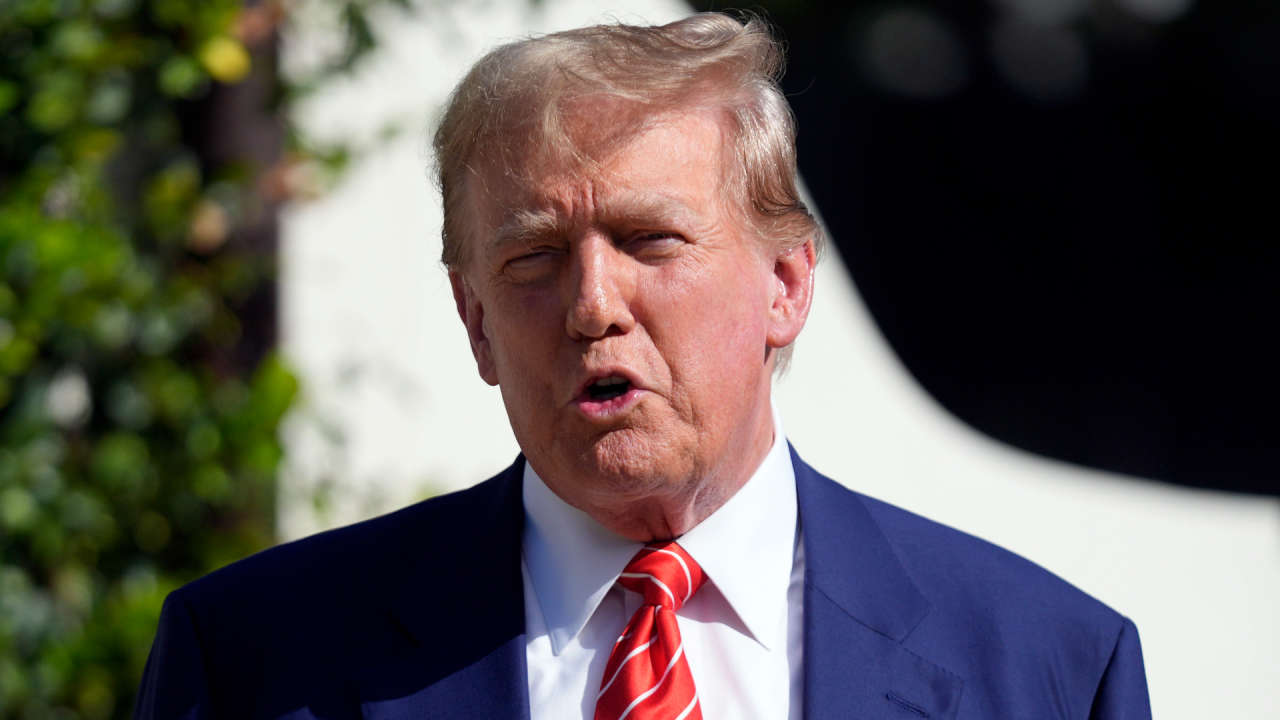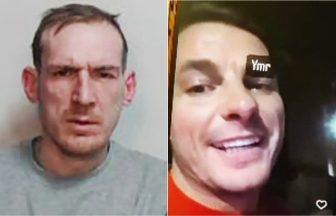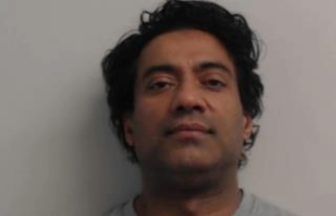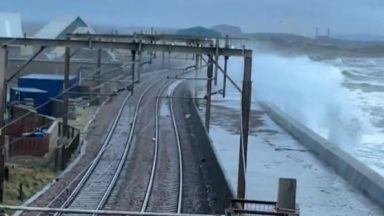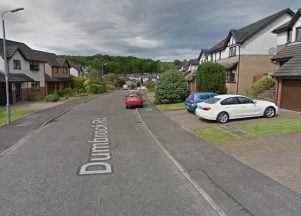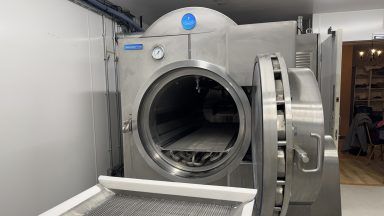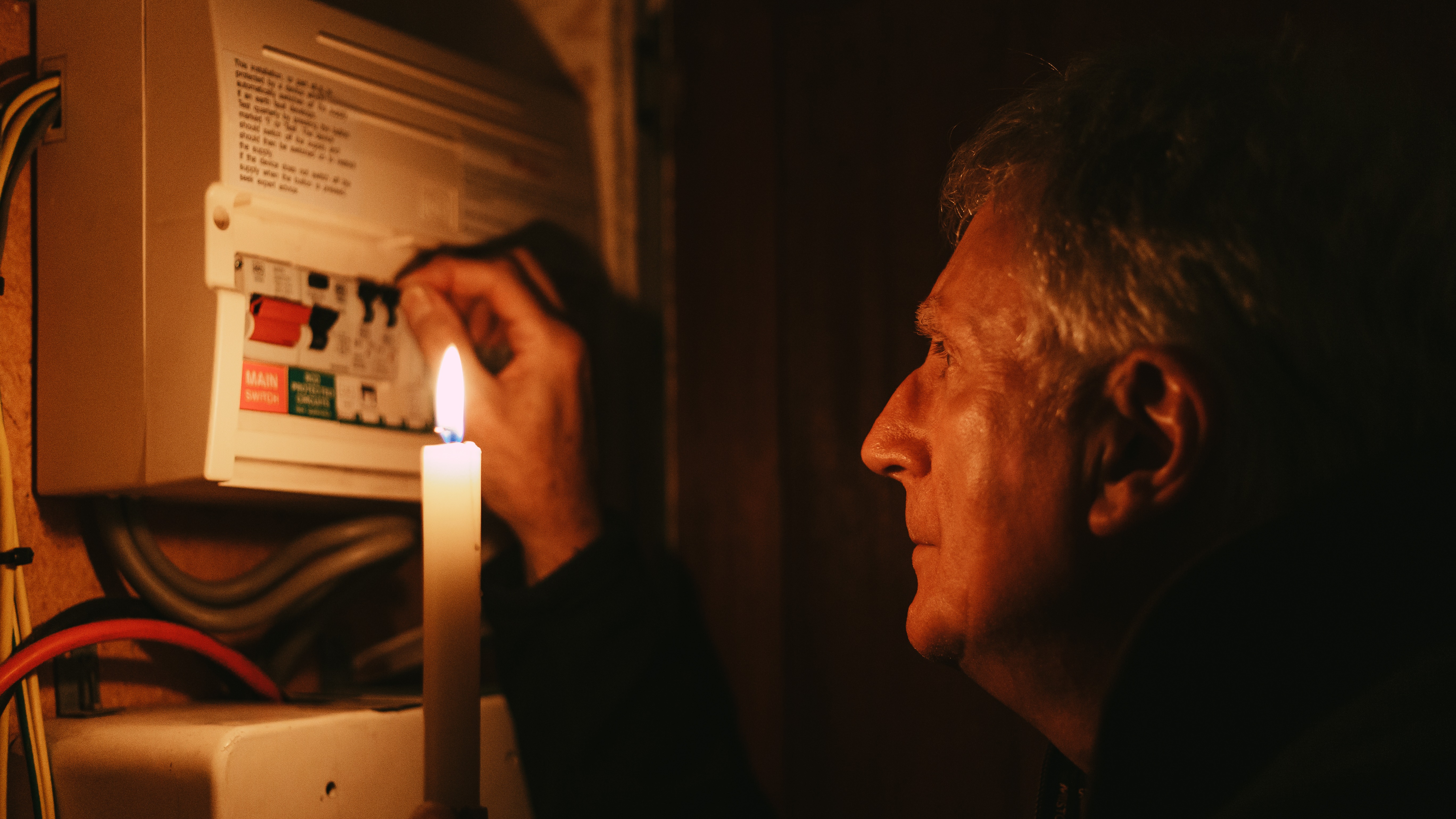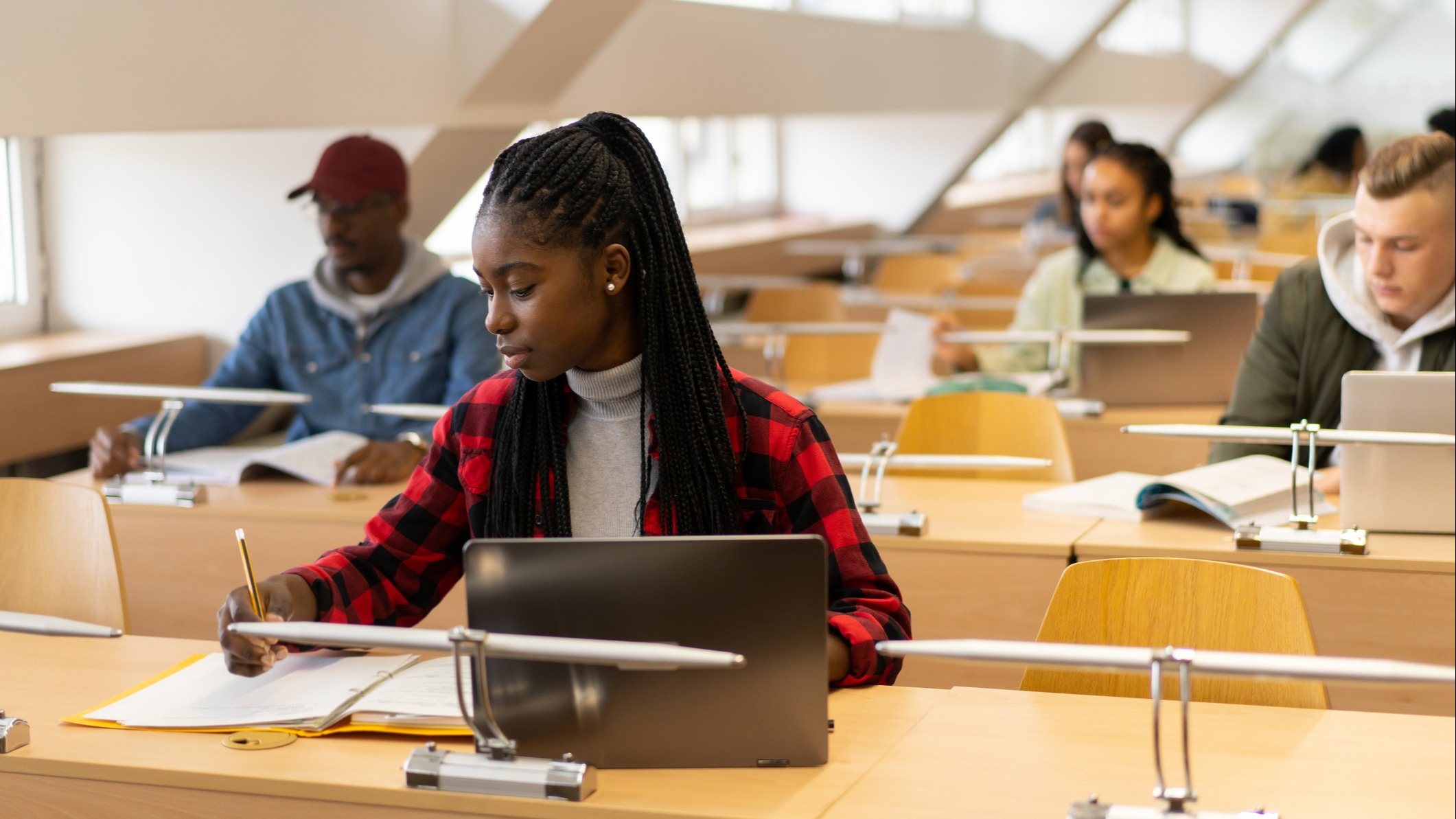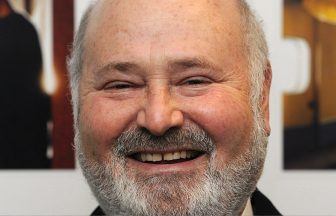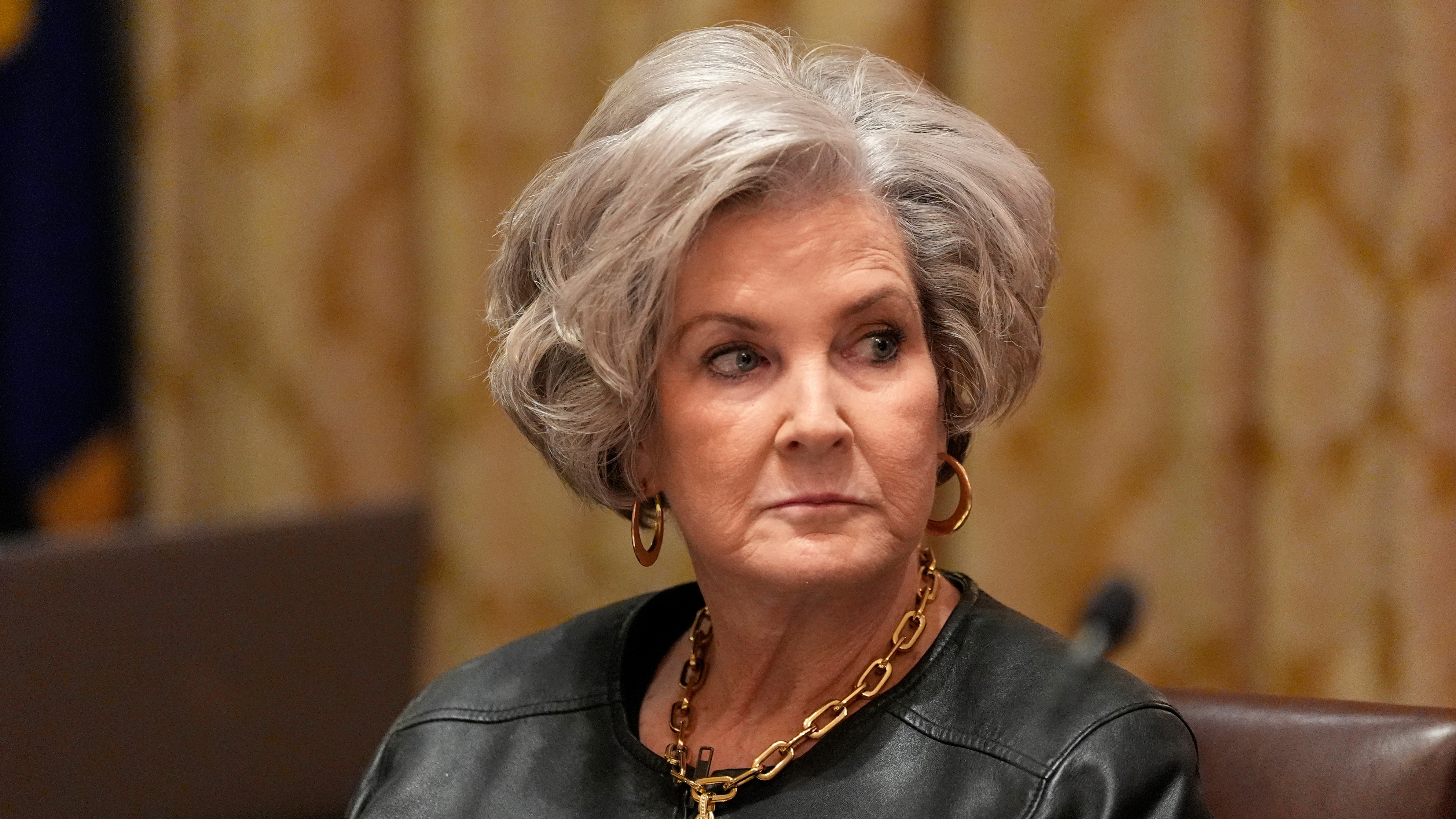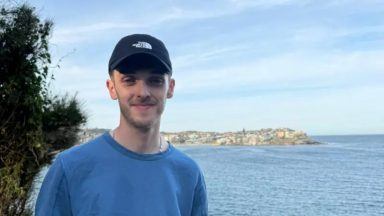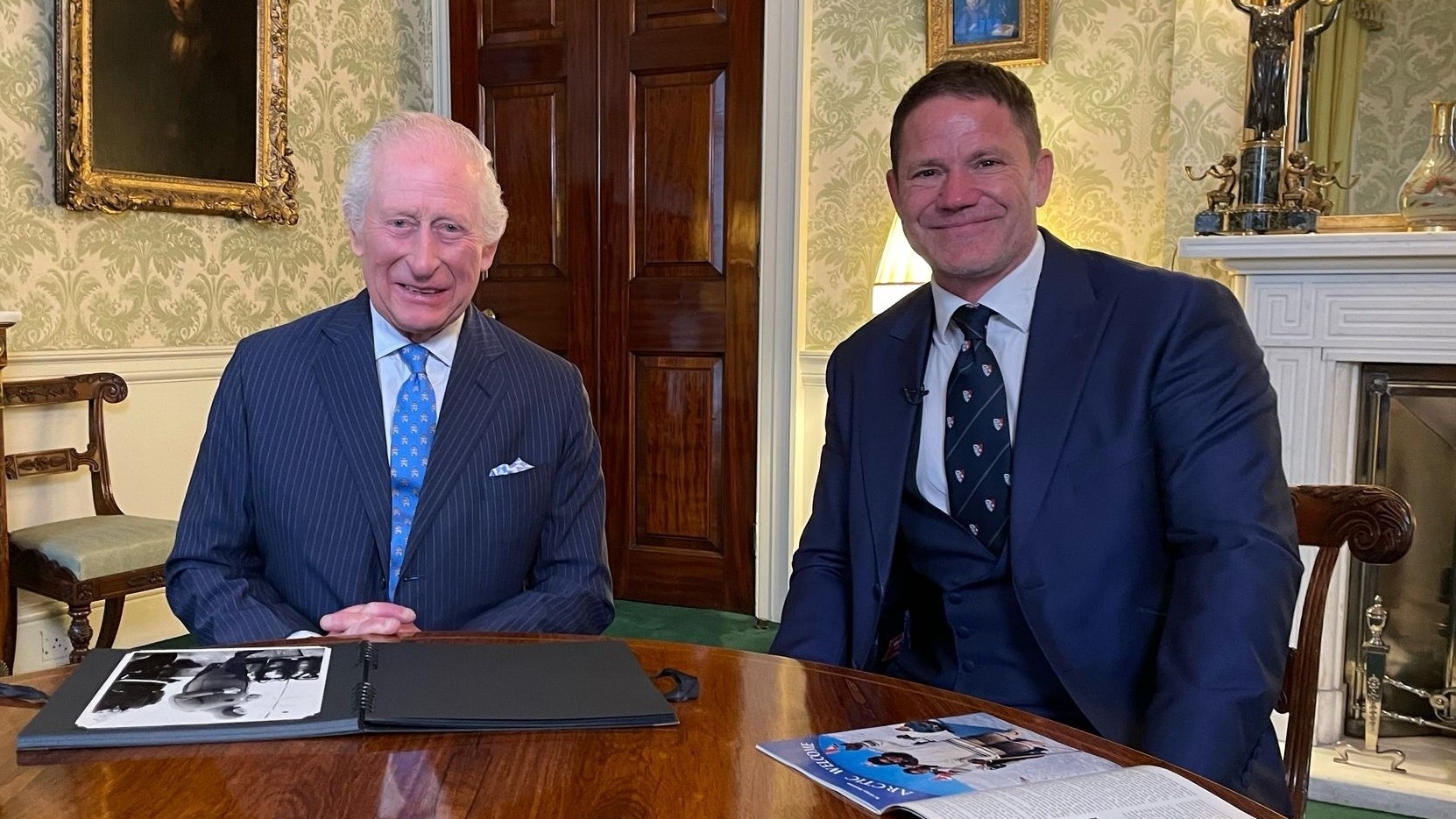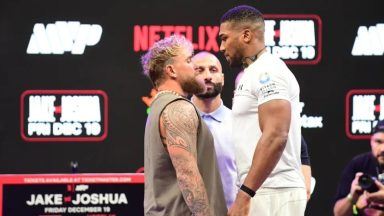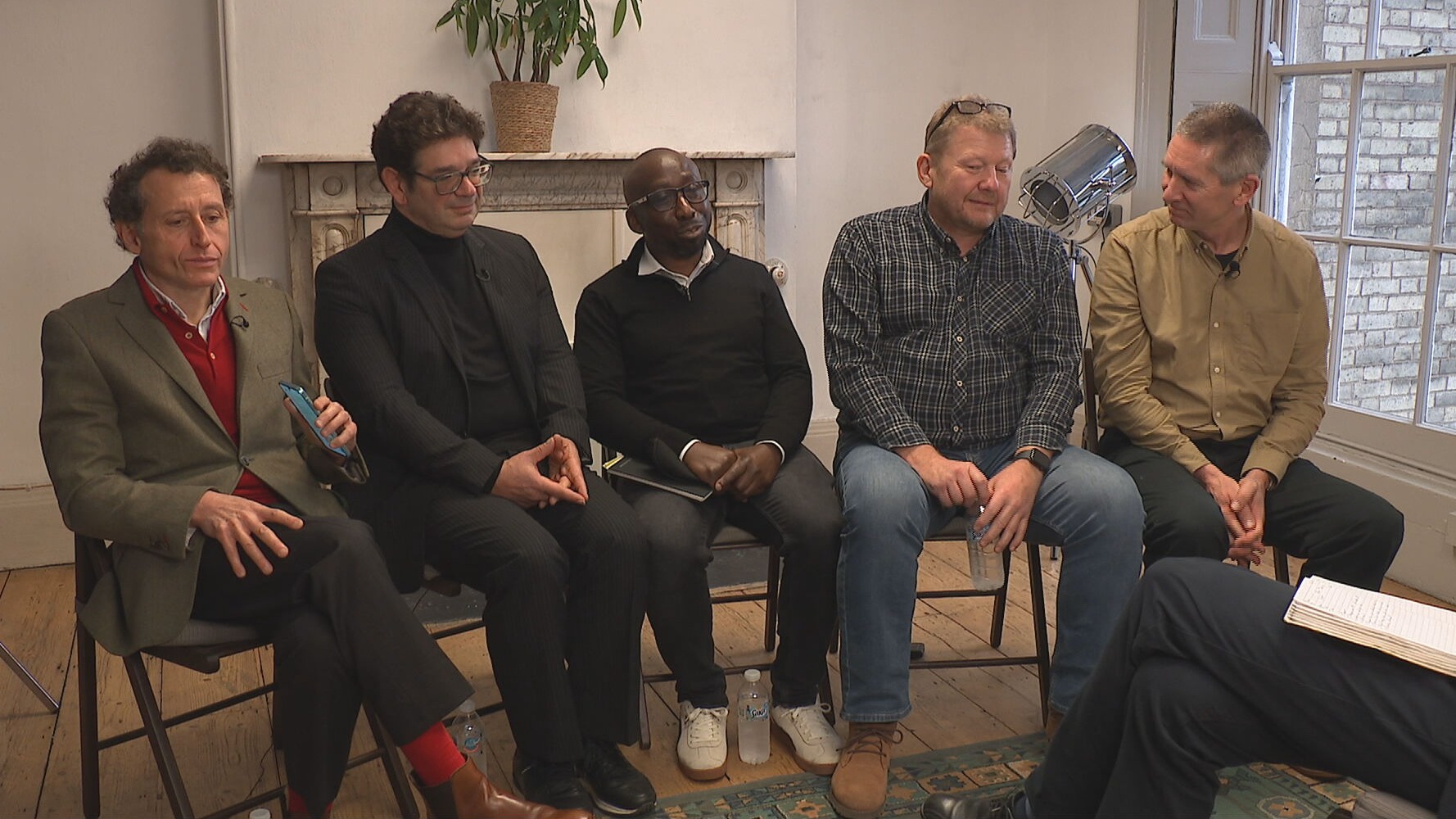Donald Trump’s hush money case is set for a crucial hearing on Monday as a New York judge weighs on whether the former president will go on trial.
He might also find out how New York state aims to collect over $457 million he owes in his civil business fraud case, even as he appeals the verdict that led to the gargantuan debt.
The presumptive Republican nominee is expected in court for a hearing that is happening instead of the long-planned start of jury selection in the first of his four criminal cases to go to trial.
The trial has been put off until at least mid-April because of the recent delivery of tens of thousands of pages of records from a previous federal investigation.
Trump’s lawyers argue that the delayed disclosures warrant dismissing the case or at least pushing it off three months.
Prosecutors say there’s little new material in the trove and no reason for further delay.
New York Judge Juan M Merchan has summoned both sides to court on Monday to explain what happened, so he can evaluate whether to fault or penalise anyone and decide on the next steps.
Trump is charged with falsifying business records. Manhattan prosecutors say he did it as part of an effort to protect his 2016 campaign by burying what Trump says were false stories of an extramarital affair.
Trump has pleaded not guilty and says the prosecution is politically driven bunk.
The prosecutor overseeing the case, Manhattan District Attorney Alvin Bragg, is a Democrat.
The case centers on allegations that Trump falsely logged $130,000 in payments as legal fees in his company’s books “to disguise his and others’ criminal conduct,” as Mr Bragg’s deputies put it in a court document.
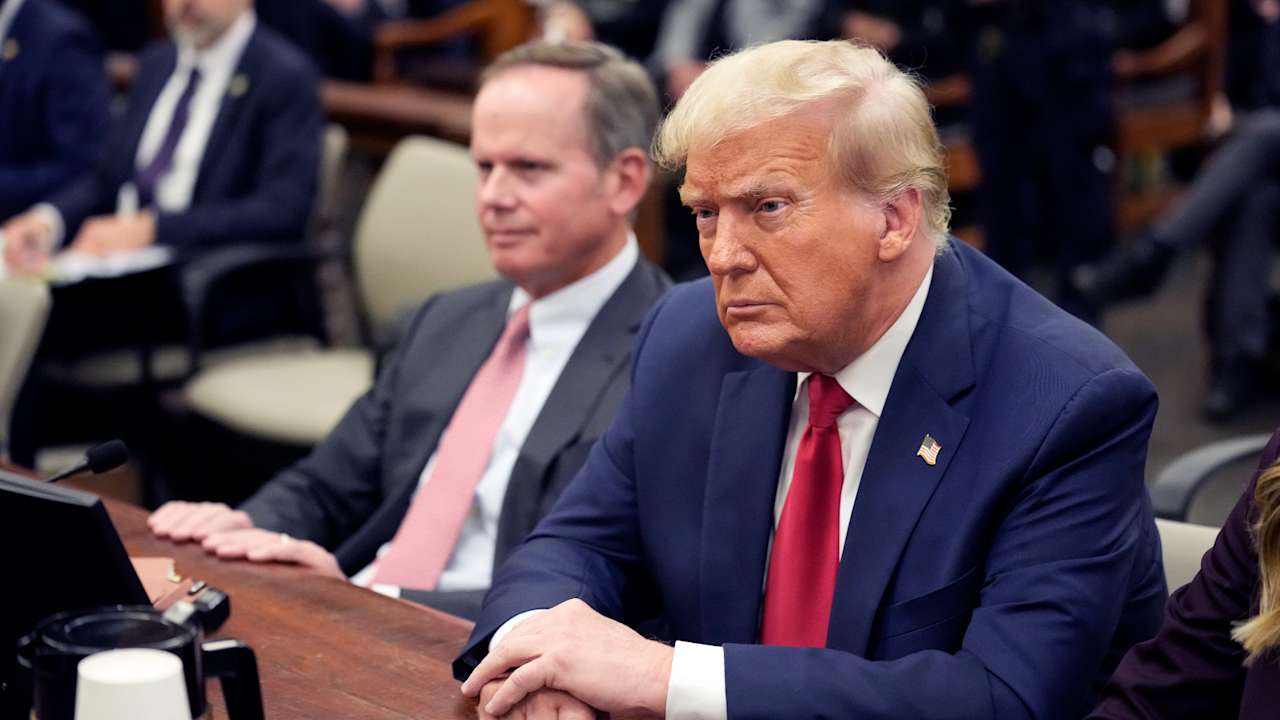
The money went to Trump’s then-personal attorney Michael Cohen, but prosecutors say it wasn’t for actual legal work.
Rather, they say, Cohen was just recouping money he’d paid adult film actor Stormy Daniels on Trump’s behalf, so she wouldn’t publicise her claim of a sexual encounter with him years earlier.
Trump’s lawyers say the payments to Cohen were legitimate legal expenses, not cover-up checks.
Cohen pleaded guilty in 2018 to federal charges, including campaign finance violations related to the Daniels payoff.
He said Trump directed him to arrange it, and federal prosecutors indicated they believed him, but they never charged Trump with any crime related to the matter.
Cohen is now a key witness in Manhattan prosecutors’ case against Trump.
Trump’s lawyers also have sought to delay the trial until after the Supreme Court rules on his claims of presidential immunity in his election interference case in Washington.
The high court is set to hear arguments April 25.
Follow STV News on WhatsApp
Scan the QR code on your mobile device for all the latest news from around the country


